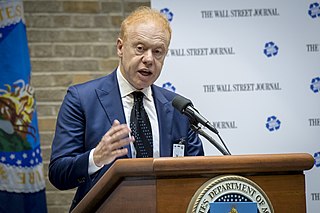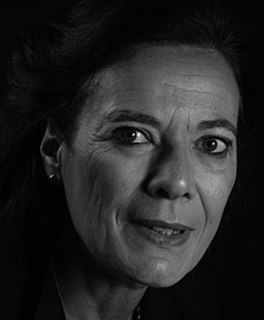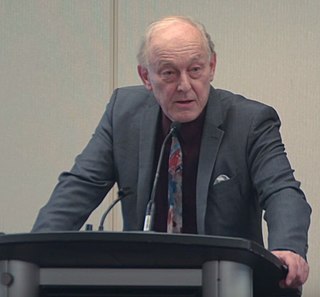A Quote by Annie Lowrey
Urbanization, falling poverty rates, and growing global trade have changed the diets and expanded the waistlines of the world's poor, with processed food and sweetened drinks becoming household staples.
Related Quotes
One of the most abused country on earth is Mexico. The marketing spills over the border, and people are persuaded to eat food that's bad for them, more in rich countries than in poor ones. I was traveling the world. What really struck me was the way we engage with food - how it's a global phenomenon - the world becoming more and more disconnected from it.
I was born in a very poor family. I used to sell tea in a railway coach as a child. My mother used to wash utensils and do lowly household work in the houses of others to earn a livelihood. I have seen poverty very closely. I have lived in poverty. As a child, my entire childhood was steeped in poverty.
In 88 poor countries for which we have data, in each and every one of the 88, the PPP for food shows that poor people can buy less food than you would expect from the PPP that the World Bank is using. The reason for this is obvious on reflection. It has to do with the fact that most foodstuffs are tradable commodities: basic foodstuffs, such as rice, flour and beans, can easily be conveyed across national borders and their prices will therefore roughly mirror the exchange rates among currencies.
I could have easily been a statistic. Growing up in Brooklyn, N.Y., it was easy - a little too easy - to get into trouble. Surrounded by poor schools, lack of resources, high unemployment rates, poverty, gangs and more, I watched as many of my peers fell victim to a vicious cycle of diminished opportunities and imprisonment.
Now, everyone is excited about food - cooking, growing, learning - watching it on TV, buying books, trying things at home. It's the greatest time ever to be in food - which is why it's so hard to see so many people still relying on processed food. I am hoping that we had a generational blip - and that these young people will continue on and pass on their love of food and creativity to the next generation of kids.
Given the relativity concept, poverty cannot be eliminated. Indeed, an economic upturn with a broad improvement in household income does not guarantee a decrease in the size of the poor population, especially when the income growth of households below the poverty line is less promising than the overall.

































